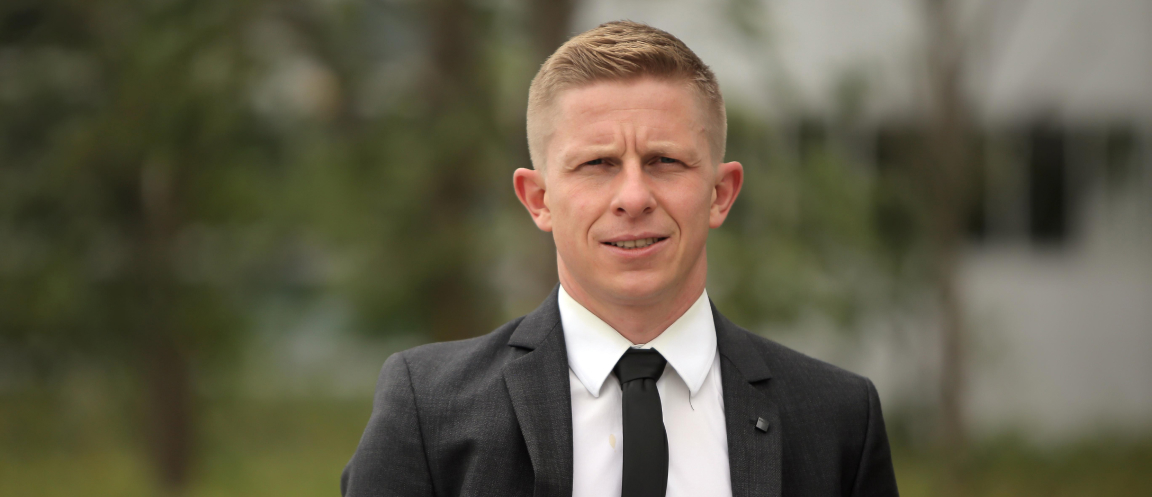
09 Apr Meet the team interview: AAU
Brian Vad Mathiesen, Professor, PhD, Professor in Energy Planning and Renewable Energy Systems at Aalborg University is the Head of the Sustainable Energy Planning Research Group at Aalborg University
Firstly, tell us a bit about the work you do at Aalborg University and what is your role in sEEnergies.
In the Sustainable Energy Planning Research Group at Aalborg University, we take an interdisciplinary approach to designing future renewable energy systems. We are concerned with all aspects of energy planning, including technical, geographic, institutional, and economic aspects. We seek to promote integrated energy system solutions, also known as Smart Energy Systems, and continuously develop the EnergyPLAN tool; a freeware tool for modelling energy systems.
As project leader in the sEEnergies project, we are involved in all areas of the project to ensure that all of the results and data collected in the various work packages can be aligned and ultimately aid in developing integrated energy system scenarios.This is also currently our main task, as many of the preceding results have been gathered already, and now need to be interlinked in an integrated energy system model so that scenarios may be established. We are therefore in the following months working on finalising the modelling framework and platform, which will be used to develop the energy system scenarios. We hope to be able to identify and quantify synergies between sectors and energy efficiency measures.
What was your motivation to developing/working in the sEEnergies project? What is the background behind this initiative?
We believe that the system wide benefits of energy efficiency have been overlooked in previous projects on energy efficiency, which have a tendency to be very sector-specific. Our motivation for doing this project was to consider the effect from a much broader energy system and supply chain perspective and thereby quantify the benefits to a greater extent.
What do you think are the main challenges you will encounter during the sEEnergies project implementation?
Bringing together the many experts and the specialised data produced throughout the project in a holistic energy system perspective. In this project, it is not sufficient to have highly detailed building level data, or an extensive catalogue of industrial energy savings measures, but all of these sectorial inputs need to be integrated in integrated energy systems.
What do you hope to achieve by the end of the project?
We hope to provide tangible results and recommendations on how to proceed with the renewable energy transition relevant for both private actors and policy makers. Furthermore, it is an ambition that the collected knowledge and data on energy systems and energy efficiency may function as a stepping stone for future researchers applying and developing the energy efficiency first principle.
For Europe, it is pivotal to understand the energy efficiency first principle impacts. It does matter to understand energy efficiency across buildings, industry and transport as well as in the energy system design.
What do you find most exciting about sEEnergies’ expected outcomes?
Many initiatives in regard to renewable energy and energy efficiency deployment are not based on facts. With this project, we hope to enhance the understanding of what matters more and what matters less. This can further increase the attention on areas previously neglected and also hopefully accelerate the green transition in Europe. This can enable a green recovery after COVID19 and a more rapid fulfilment of the Paris Agreement.
This is the first time we are working with energy system analyses with more sector specific researchers in the same project. Already now, this can be said to be very recommendable and innovative.

